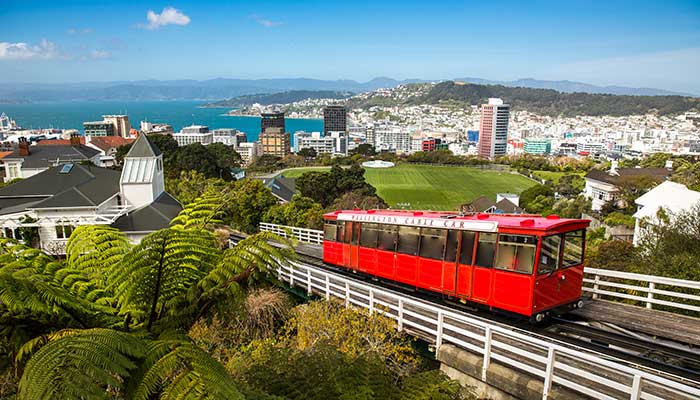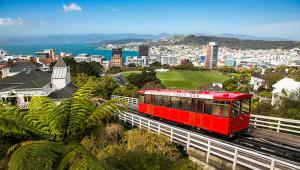The budget, unveiled today, envisages a NZ$1.6bn ($1.1bn) surplus in its public accounts this year and $2bn in the year after, with this continuing its steady rise until 2021, partly thanks to growing tax receipts enabled by a robust economy.
That solidifies the country’s reputation as enjoying some of the healthiest public finances, which are envied world over - a situation advocates for accrual accounting argue is down to the fact it is the only nation to implement the method across appropriations, budgeting and reporting.
It also bolsters support for the Conservative government, which came to power amid the financial crisis in 2008, ahead of the country’s general election in September.
Delivering the budget in parliament, finance minister Steven Joyce said the government plans to spend $4bn in capital investment this year, and a total of $11bn over the next four, will eat up “virtually all” the extra cash.
He highlighted two “fiscal priorities” – spending on public services and infrastructure. Over the next four years, $7bn will be delivered to “sustain and expand” health, education law and order and social development.
Many of those sectors, as well as defence and transport (which will get $576m and $1.8bn respectively), will also see an infrastructure boost, with $392m for new schools and classrooms, $763m for new prison capacity and $100m towards a programme that frees up government land for housing.
Joyce said the government’s infrastructure plans were “unprecedented” in terms of investment levels, including even the period of funding to rebuild Christchurch after it was hit by a powerful earthquake in 2011.
At the same time, he announced a $2.2bn ‘family incomes package’, seen as an election play, including increases to tax thresholds that the government said could see the average worker NZ$1000 per year better off.
Joyce said the changes targeted low- and middle-income workers. Those on middle-incomes were set to benefit the most from the threshold changes; individuals earning NZ$52,000 per year will be $20.38 better off per week, while those in the $22,000 bracket will benefit from $10.77 per week.
“It is important that New Zealand families directly share the benefits of strong economic growth,” said Joyce. “This is the whole point of having a strong, growing economy and a healthy set of government accounts.”
The government predicts the economy will grow by an average of 3.1% over the next five years, and is currently outperforming the US, the UK, Australia, the EU and Canada.
But Andrew Little, leader of the country’s Labour Party, said the government’s budget amounted to “cynical electioneering”, that does little to address shortfalls in health, housing and education.
“This is a tired government whose only idea left is to splash the cash instead of a genuine commitment to fix housing, education and infrastructure,” he said.
“In health, this budget is $200m a year short of what district health boards need to stand still,” he pointed out.













